Being eyeballed by dragonflies patrolling tree-lined rivers and watching hen harriers hunting over heather moorland, were just a couple of joyous moments on my recent ‘field intel‘ trip north.
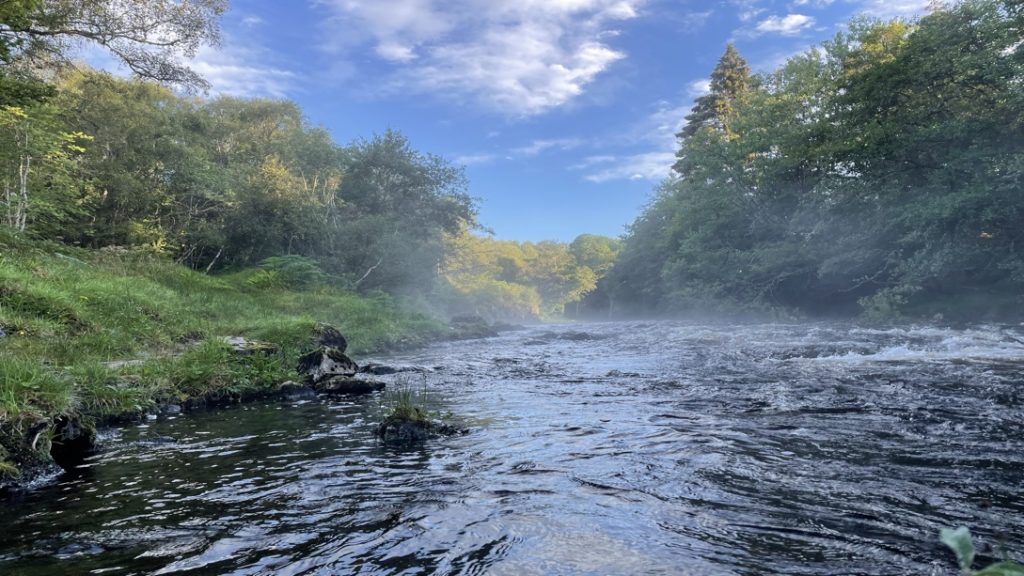
North by north west
My reason for heading north from the hills of Wales was an invitation to fish a river in Sutherland. But what a distance. But what an opportunity en route, to doorstep people and places to glean, to blag overnight beds, and just to learn stuff on the ground.
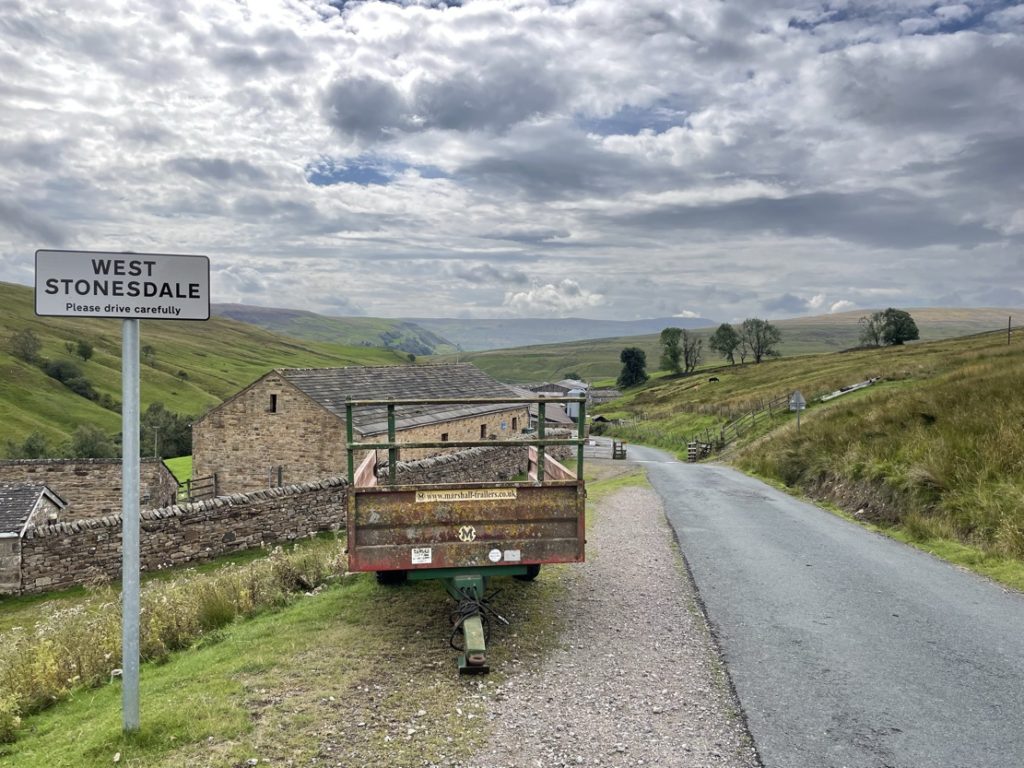
Heads up harriers
After a call, I heard there was a recent hen harrier nest on moorland in northern England…and four young immatures might still hanging around. The public roadside layby, partly occupied by blackface sheep, proved to deliver a magnificent quiet hour or two of harrier watching. There’s a great human-wildlife story – perhaps radically contra to some narratives to tell which involves local voices. Here it is.
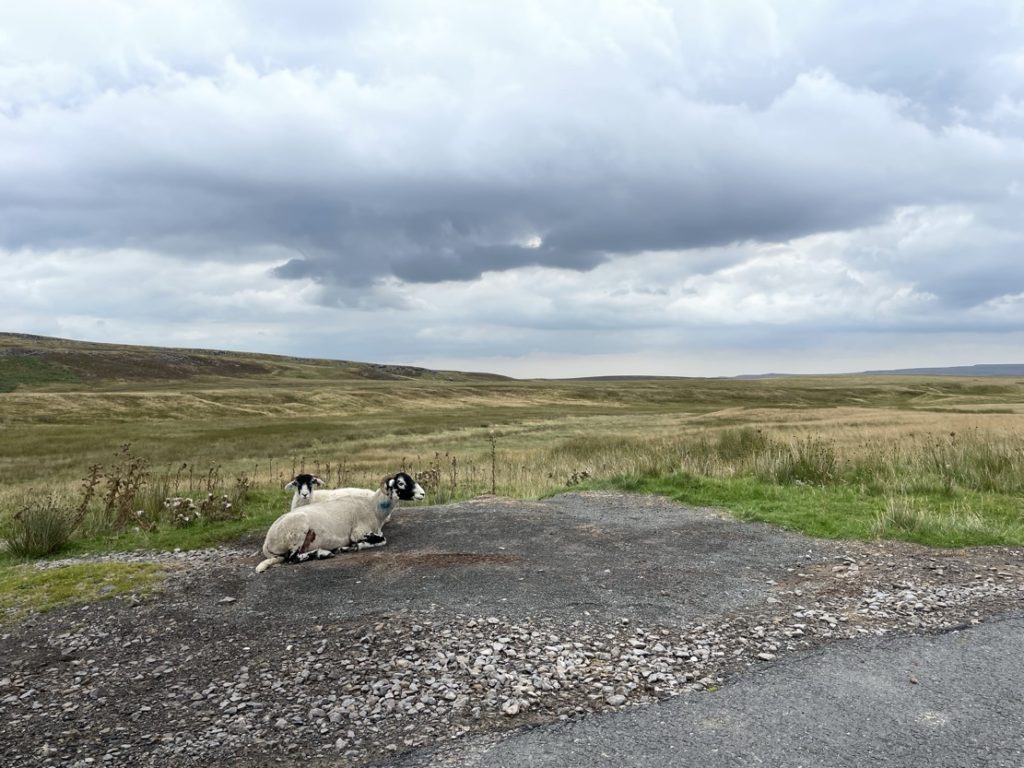
Scotch forest
Having asked on social media what new forests to go and visit, I ended up at Jerah forest near Stirling. A swath of ex-sheep grazed grassland prone to flash flooding above a town, is now ‘cropped’ differently with a mix of 16 tree species. Yes, there’s lots of Sitka spruce but the years of research and wide consultation behind the scheme is refreshingly remarkable. And there’s more research coming through with plenty of roe deer and black grouse returning to these hills.
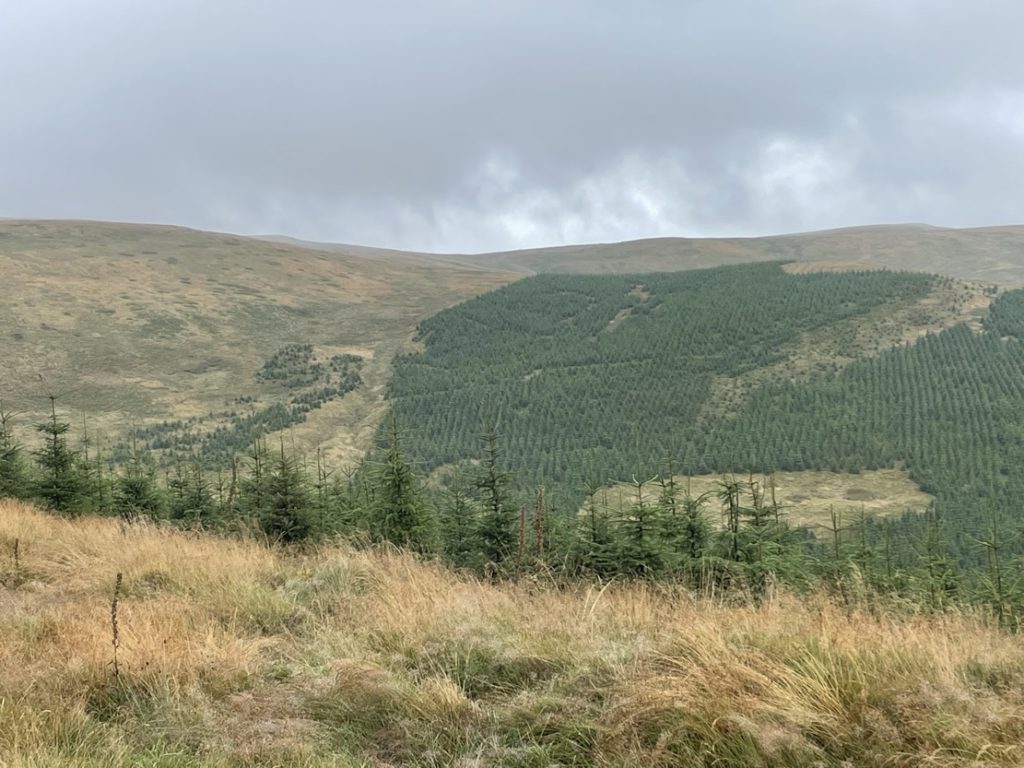
Beaver backwater
One of my planned night stopovers blew me out so I found myself subject to wonderful ‘highland hospitality’ (i.e. ‘we’ve a bed you can doss down in’). They also have a slow wide river with beavers who’ve been living quietly there for 10 years or so. Amongst the midges, I managed my first glimpses of wild beavers swimming in the gloaming and later over a dram, we discussed issues around this aquatic ‘ecosystem engineering’ rodent.
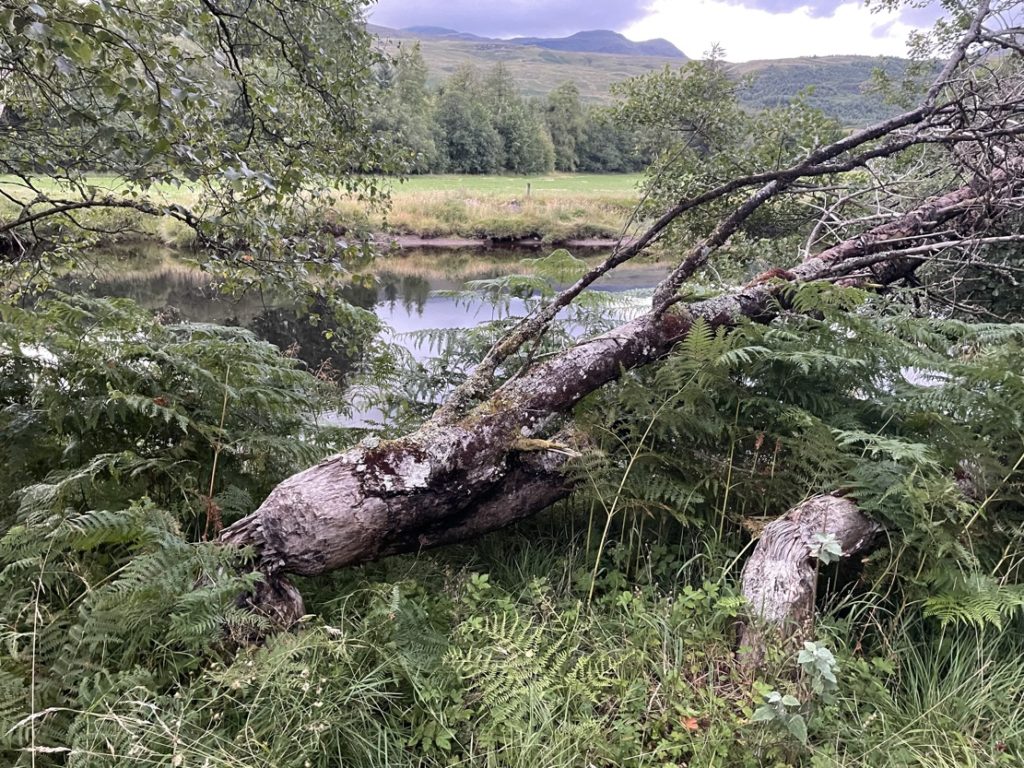
Salmo hunting
Next up, it was my turn to go aquatic. Standing next to deep dark peaty rushing waters, the nerve tingling shock of a salmon moving close by is hard to describe. Trout never rise near you but mighty sea-tempered silver-muscled salmon are on a mission. I heard them, I saw them, I sensed them, I failed to hook one. That’s fine, because every time being a hunter in the wilds, alone, brings new sensory experiences. The daily diving dipper made it for me, alongside unknown piercing screams from the forest and the midge-hunting dragonfly beside a rocky pool.
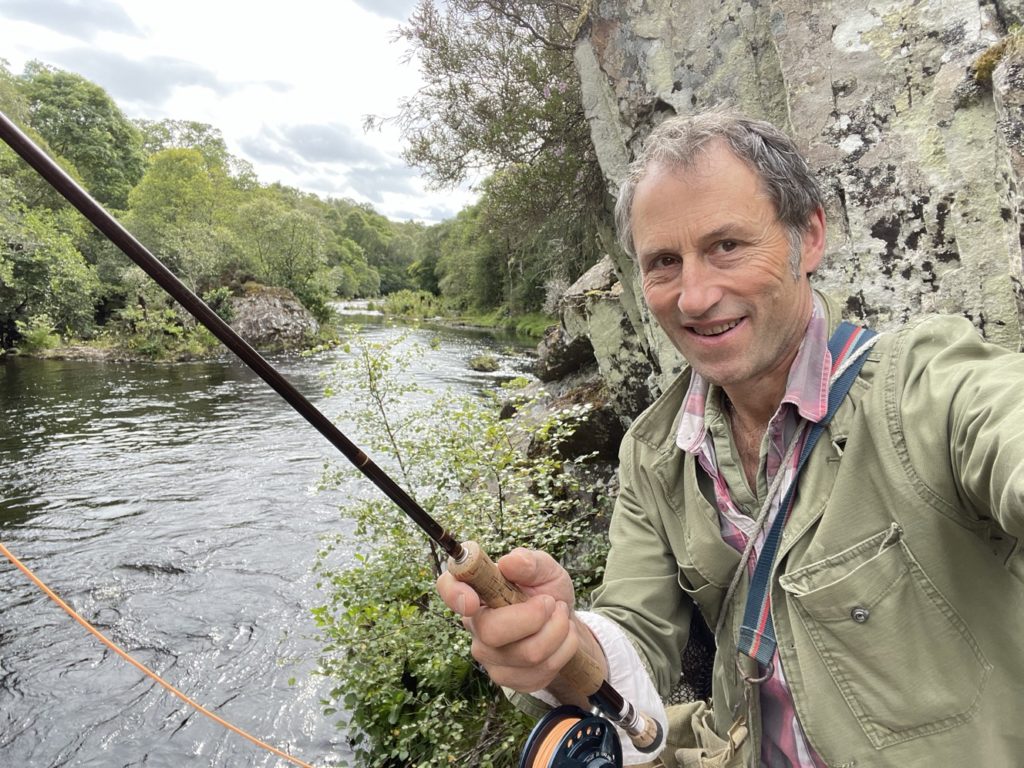
Remote crofters
Physically and mentally the north of Scotland has something more in common with Scandinavian countries than with the rest of Scotland, let alone the UK. Cut off from others, non existent council tax services, wildlife shapes crossing dark roads – self-reliance a watchword.
The Lairg Crofters show was in full swing: ladies under bagpiper’s competition rules, men displaying tractors, kids fertiliser bag racing, and firemen chatting about fires (“if only crofters wouldn’t assume we’ll put them out” and “if those rewilding estates would better manage their areas near car parks”)
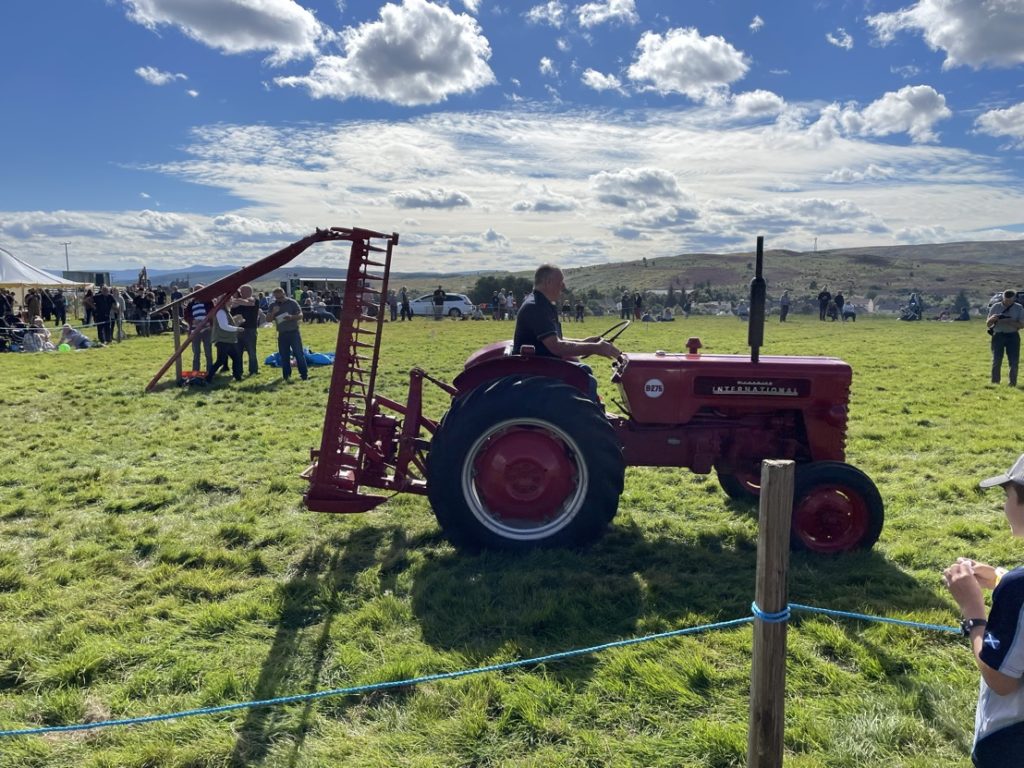
Highway birthdays and conversations
As I headed south I met for a few insightful hours with Peter Cairns (leading light in a Scottish rewilding charity) chewing over contested narratives and gatekeepers to more constructive conversations. A stop off to glean a handful of wild brown trout from a tiny stream below Hadrian’s Wall and then a cup of tea with a grouse moor gamekeeper and his wife, both talking about the hen harriers they were proudly looking after.
At Tebay Services, after pitching a tent in the caravan park (lady in the farmshop “I’m sure it’s fine”), I bought the book (‘Westmorland: The Changing Hills’) written on the service station’s 50th anniversary by the owner, John Dunning. It’s a surprisingly robust read – no trite hackneyed coffee table book but a hard forged journey in rural progression and regeneration often against cultural expectations.
Perhaps just like some of the stuff in this blog
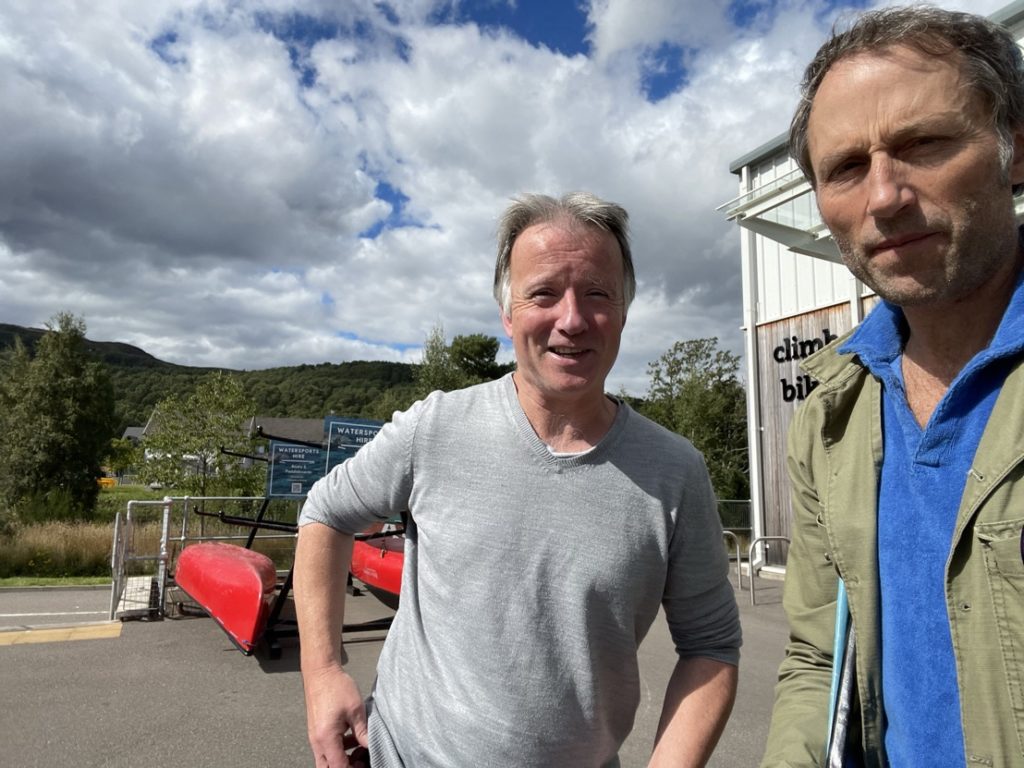
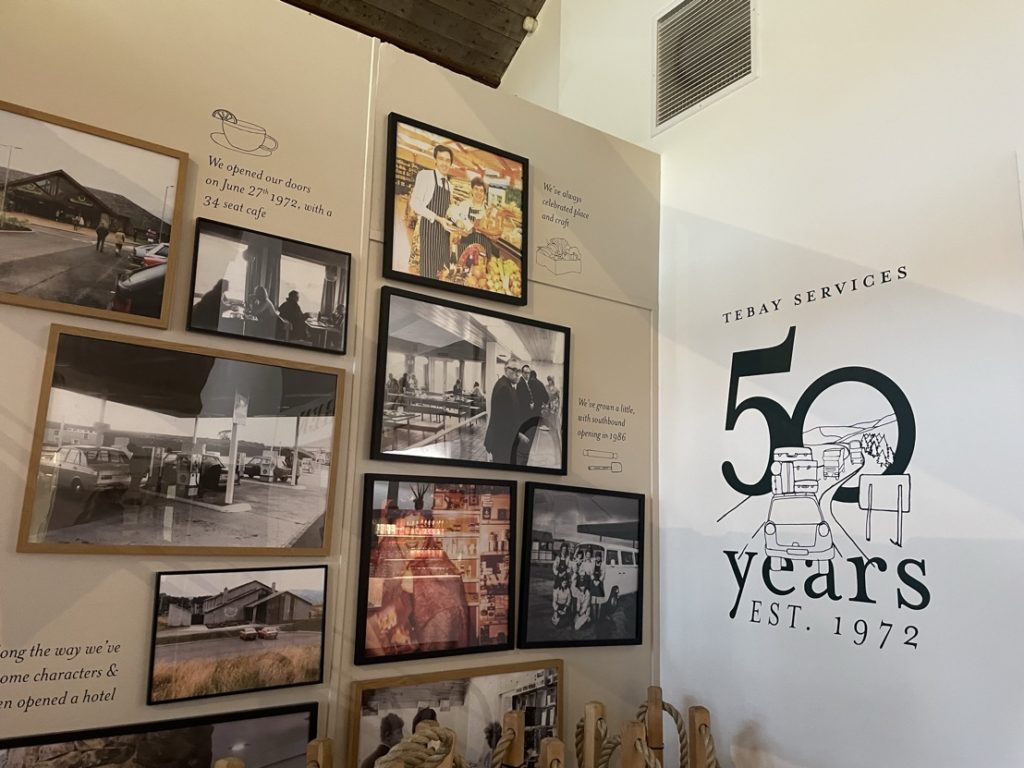
A handful quotes heading up chapters in The Changing Hills
“Imagination is the uniquely human capacity to envisage that which is not and therefore the fount of all invention and innovation” J K Rowling
“There is one thing stronger than all the armies of the world, and that is an idea whose time has come” Victor Hugo
“The recognition of reality is the beginning of wisdom” Urho Kekkonen
“Failure is the opportunity to begin again, more intelligently” Henry Ford
“The best investments do not anticipate the future: rather, they help to shape it” Anon
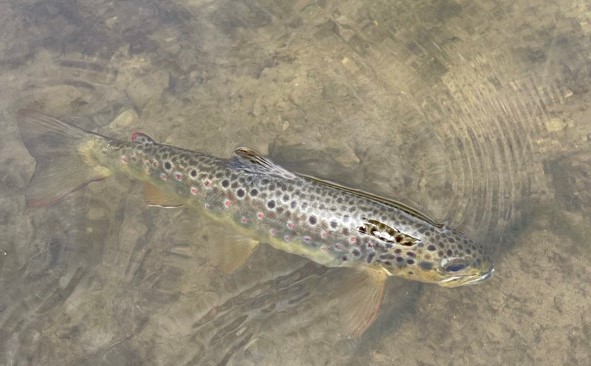
This blog is dedicated to my father who died in November 2021 and who loved some of these places and who taught me to think.
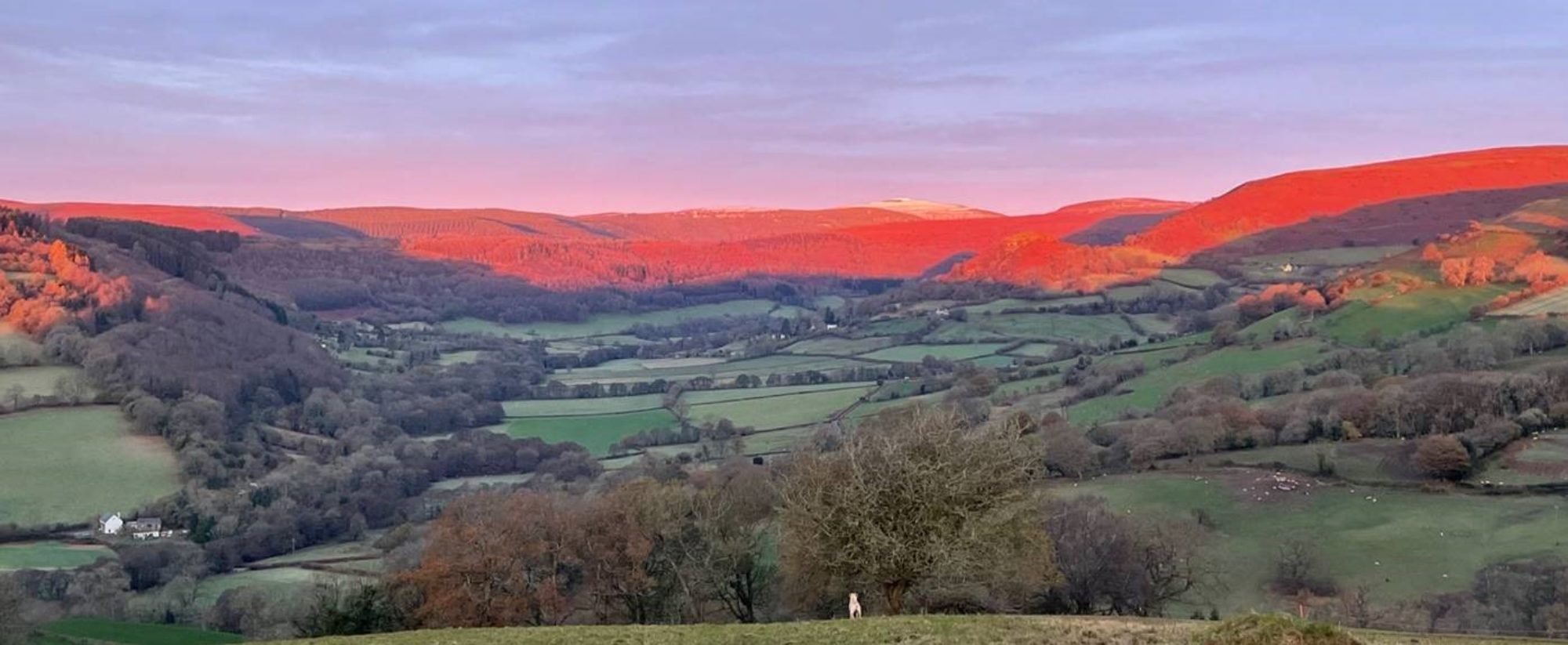
What a joy it is to experience these places, vicariously, through you. And despite being a Cumbrian, I imagine you know a good deal more than I do about Tebay Services – a place I must have passed hundreds of times and which has a fascinating origin story.
Thank you for reading the book and for your comments and pictures. I wrote the book as a hill farmer faced with the post war changes in agriculture (in the 60s). These [changes] were always inevitable, but the implications for traditional farmers posed a threat to livelihoods and a traditional way of life. My theme was that these threats must be confronted by the creation of a more diverse rural economy, which does not conflict with ecological, landscape and wildlife conservation. All of which we, as a family, entirely support, together with the new policies for farming.
[That said] DEFRA has a firm central control on the use of land and watercourses, yet it has no responsibility for the rural economy which sustains those who live in the countryside. The changes being brought about will devastate the existing population of our uplands. A matching intervention is needed to enable the rural population to sustain itself while supporting the changes in [land] management being sought by DEFRA. For example, an elected rural mayor could achieve this within an overarching economic strategy.
Thank you John. Planning plays a central role in the rural economy, as you touch on numerous times in your book. Reforming it, along with adapting the definition of agriculture to enable more farmers to diversify into becoming ‘land managers’, is a challenge worthy of a Via Ferrata Xtreme!
Evocative and enjoyable blog Rob, with some lovely photographs.